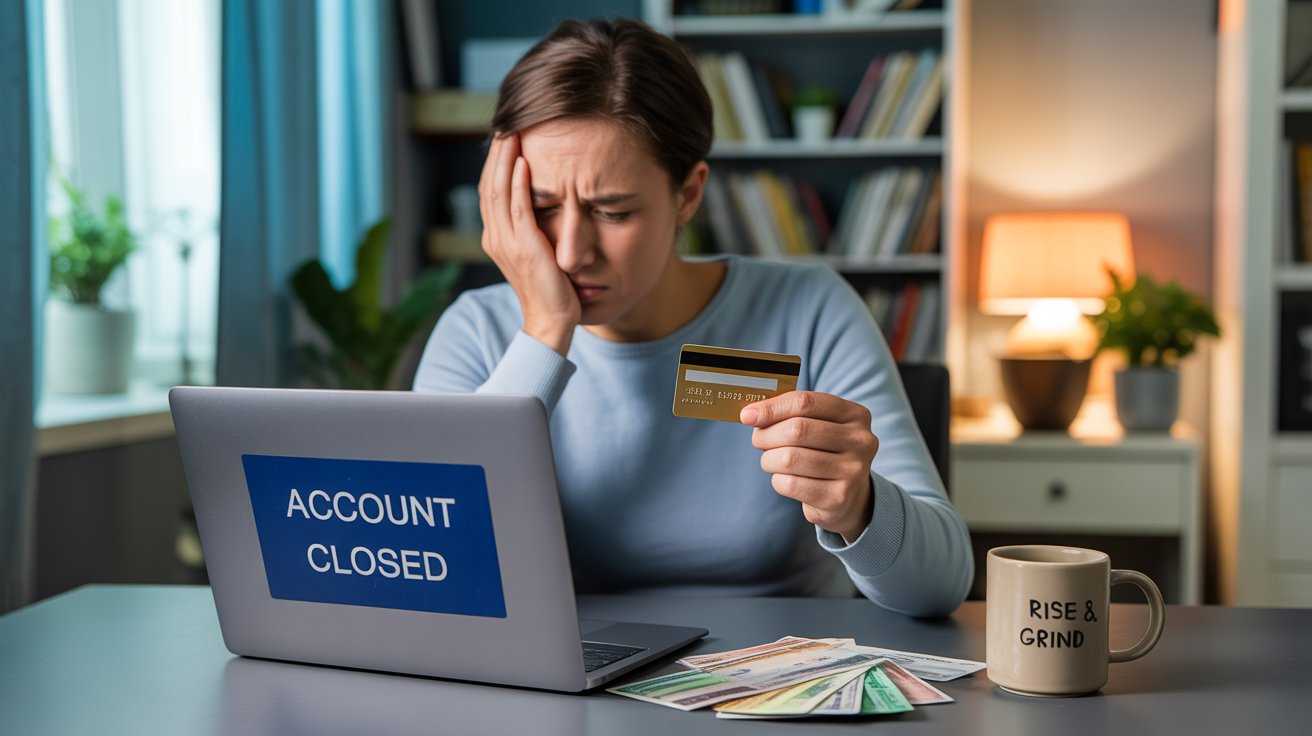
One of the most unsettling financial experiences is logging into your bank account only to find that it has been frozen or closed without warning. While it may feel alarming, banks do have the legal authority to close customer accounts under certain circumstances. Understanding why this happens and what to do next can help you stay in control of your money.
Can a Bank Legally Close Your Account?
Yes. Banks can close an account at their discretion, usually outlined in the account agreement you sign when opening it. While laws vary by country, in the U.S. and most jurisdictions, banks are allowed to terminate your account with little or no notice, unless closure would violate anti-discrimination laws.
Common Reasons Banks Close Accounts:
- Suspicious or fraudulent activity – Unusual transactions may trigger fraud alerts and lead to account closure.
- Negative balance – Keeping your account overdrawn for an extended period can cause closure.
- Too many overdrafts or returned checks – This signals financial instability.
- Inactivity – Accounts with no activity for a long time may be shut down.
- Violation of terms – Using your account for business purposes when it’s designated personal, or engaging in illegal activities.
- Risk management – If the bank determines you are a “high-risk” customer, they may choose to end the relationship.
What Happens to Your Money If Your Bank Closes Your Account?
If your account has a positive balance, the bank will usually send you a check with the remaining funds. This may take days or even weeks, depending on the bank’s policies and investigations. However, if your account was closed due to suspicious activity, funds may be temporarily held until the issue is resolved.
What to Do If Your Bank Closes Your Account
If this happens to you, don’t panic—take these steps immediately:
- Contact your bank immediately – Ask for the specific reason your account was closed. Sometimes, it’s a mistake or a misunderstanding that can be resolved.
- Request your remaining funds – If eligible, request a cashier’s check for your balance.
- Check your credit report and ChexSystems – Your banking history may have been reported to ChexSystems (a database banks use to assess risk). A negative report could affect your ability to open a new account elsewhere.
- Open a new bank account quickly – To ensure continuity of bill payments and direct deposits, apply for a new account at another bank or credit union. Online banks may also be a good option.
- Protect your future accounts – Avoid overdrafts, maintain a positive balance, and monitor activity closely.
- File a complaint if necessary – If you believe your account was closed unfairly, you can file a complaint with the Consumer Financial Protection Bureau (CFPB) or your country’s financial regulatory authority.
How to Avoid Having Your Bank Account Closed
- Keep your account active with regular deposits and transactions.
- Avoid excessive overdrafts or returned payments.
- Maintain accurate personal information with your bank.
- Communicate with your bank if you anticipate financial hardship.
- Monitor your accounts for fraudulent activity and report issues immediately.
Key Takeaway
Yes, your bank can close your account, often with little or no notice. While this can be stressful, understanding the reasons behind it and knowing the right steps to take will help you safeguard your money and financial reputation. Always maintain responsible banking habits to minimize the risk of sudden account closure.
can a bank close your account, why would a bank close your account, what to do if bank closes your account, can a bank close your account without notice, bank account closed what happens to my money, how to prevent bank account closure, reasons bank closes account, closed bank account direct deposit, bank closed my account what are my rights, can a bank freeze your account